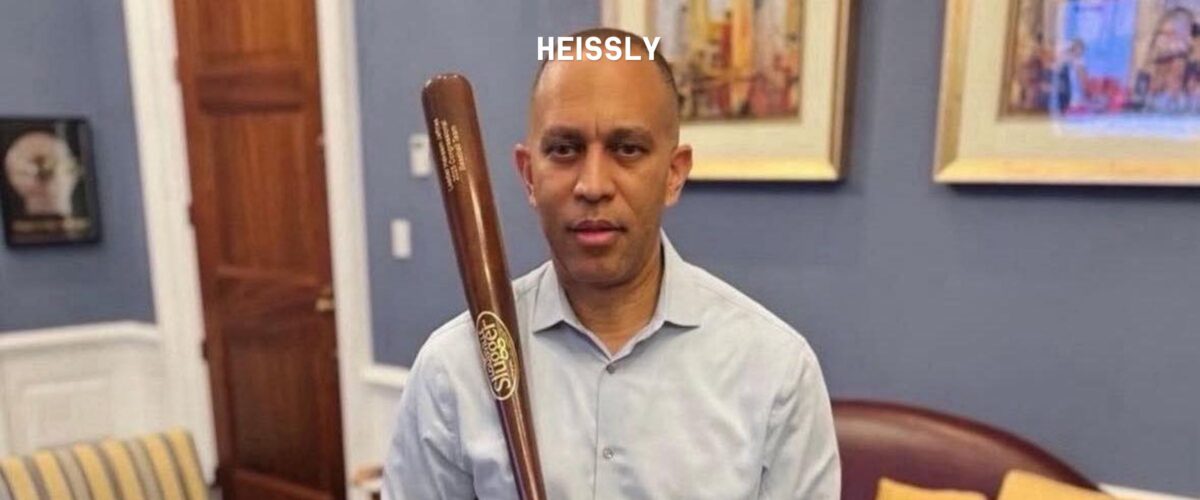Hakeem Jeffries Declares “Say It to My Face!” After Meme Onslaught
Hakeem Jeffries, the House Minority Leader, fired off a blistering warning to those spreading memes of him — and especially to Donald Trump — demanding they stop the online jabs and confront him directly. His words: “Don’t cop out through a racist and fake AI video — when I’m back in the Oval Office, say it to my face!” TheWrap+1
🎬 What triggered this moment
-
A manipulated AI video surfaced, worn by Trump’s camp, showing Jeffries in a sombrero and fake mustache, alongside a caricatured version of Chuck Schumer delivering mocking remarks on “woke” voters and illegal immigration. TheWrap+2MEAWW News+2
-
Jeffries immediately condemned it as “racist and fake,” calling out the video’s use of ethnic stereotypes and artificial imagery. TheWrap+1
-
In response, Jeffries told the president: “Mr. President, the next time you have something to say about me, don’t cop out through a racist and fake AI video… When I’m back in the Oval Office, say it to my face.” uPolitics+1
🔍 Why it matters
-
Deep fake danger: The use of AI-manipulated videos in a political context raises serious concerns about truth, manipulation, and election climate.
-
Race and stereotypes: The sombrero and mustache imagery struck many as reminiscent of cultural stereotypes targeting Latinx communities — using that against a Black congressional leader adds layers of controversy.
-
Tone and legitimacy: When top-level officials resort to memes and caricatures, the political discourse shifts from substance to spectacle, which can undermines public trust.
-
Direct challenge: Jeffries’ demand to “say it to my face” is more than rhetoric — it reflects his view of being disrespected via anonymous or mediated attacks rather than open dialogue.
🧭 What to watch
-
Will the meme-strategy escalate? If one side resorts to more AI-generated distortions of opponents, it could become the new normal of political combat.
-
Will there be push-back? Legal or ethical challenges may emerge around deep-fake content and whether platforms or campaigns cross lines.
-
How will Jeffries respond next? Having taken a stand, will he pursue stronger rebukes? Or perhaps propose legislation around AI in political media?
-
Public reaction: Will voters view this as a serious violation of norms or just another moment in the relentless cycle of online jabs?
📝 Final thought
Jeffries’ statement marks a flashpoint: when viral-meme tactics intersect with high-stakes politics, the line between humor and harm blurs. His demand of “face-to-face” confrontation is less about body language and more about asserting that public figures shouldn’t be mocked behind masks and filters. The question now: will this be treated as a serious turning point in political discourse — or just another meme moment in the culture wars?
